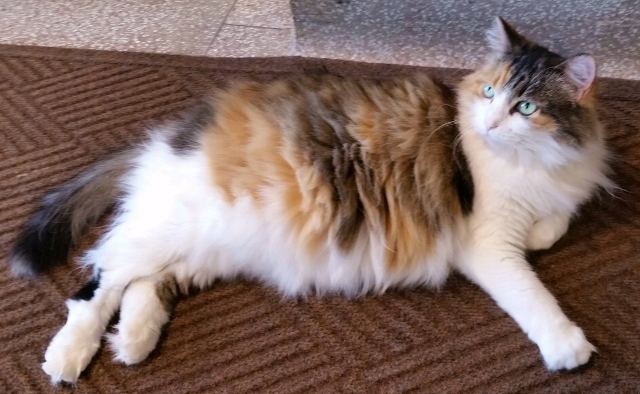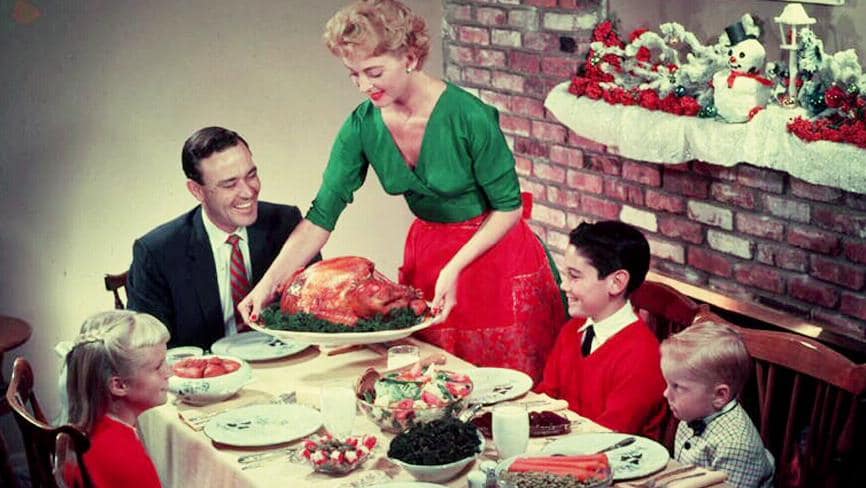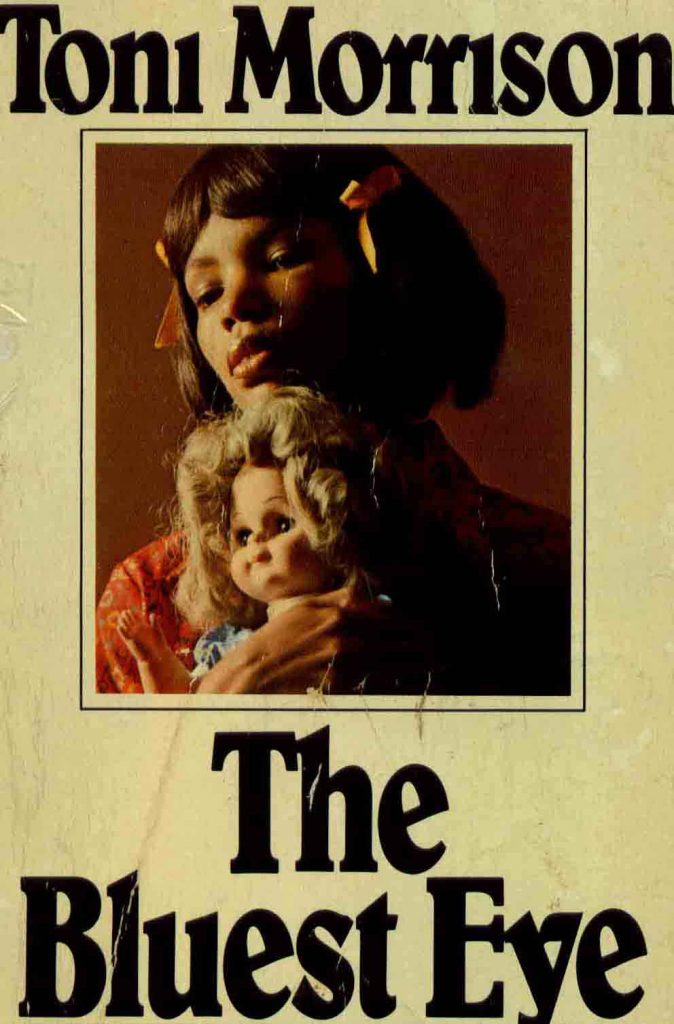Last Thursday, Baylee and I sat down with Nicole McMonagle, the resident research librarian at USAO’s Nash Library. We wanted to know what kinds of resources and archives the library had to aid with our research tasks and help us more fully understand and represent the 2009 Ellen Hopkins censorship issue in Norman.

Nicole was very excited about our chosen case. However, she was sad to inform us that the archives collection at Nash Library is small and still under renovation and digitization. The library has quite an extensive collection of newspapers, she said, but not much that would be relevant to Norman, which is about 30 minutes away from Chickasha. This was not anything I wasn’t expecting; USAO is a school of under a thousand students, so I knew there wouldn’t be a very extensive range of archival material available that didn’t directly pertain to the school and the surrounding area.
Regardless of the archival limitations, Nicole directed us to some very helpful online resources and databases to which the University provides access. Among these are additional newspaper databases, including the archives to the Daily Oklahoman dating back to 1904. We also have access to the digital archive collections of the University of Oklahoma, which is, like our case, also located in Norman. These should all be useful for us down the line, in case we start to lose our current reserach momentum.

As for further research, Nicole suggested we make a visit to the Norman Public Library system to inquire about their archives. Setting up an appointment to speak with one of their librarians or archivists could help us access information and records closer to our case. She is confident that one of these libraries will have a cohesive collection of local Norman newspaper archives, which would be a great place to look for articles about the controversy at Whittier Middle School. With this in mind, Baylee and I will work on contacting someone from a Norman public library this week. She also suggested we reach out to Karin Perry, this Whittier librarian who won the Hopkins visit and who facilitated it off school grounds when it was challenged. Perry now lives and works in Texas, but we are planning to contact her about holding a Skype or Zoom interview.
Overall, our interview with Nicole assured us that there is no shortage of materials to plow through if we reach a dead-end in our research. We have many different paths through which to direct our research this week. Nicole also said she would keep an eye out for other notable Oklahoma censorship cases, in case we find that ours still doesn’t have enough material.



